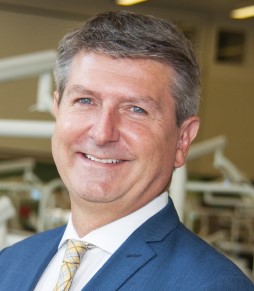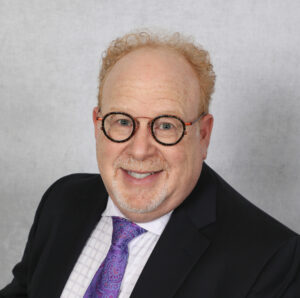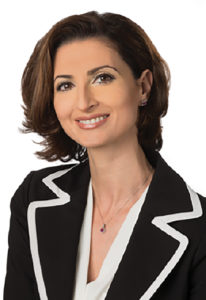
The best advice comes from people who have lived it, so we asked a few of our editorial board members to share their words of wisdom as you embark upon your dental career.

Gary Glassman, DDS, FRCD(C)
Congratulations on your graduation and entering the world of dentistry! Here are some words of wisdom to help you navigate this exciting journey.
Continuously seek new opportunities to learn and build not only your depth of skill but also your breadth of skill.
Seek mentorship by finding experienced dentists who can guide you in your early years of practice. Mentors can offer valuable advice, share their experiences, and help you navigate challenging situations or decisions.
There is so much more advice I could give, but one of the most important pieces of advice is to practice self-care. Dentistry is physically and mentally demanding. Take care of yourself by maintaining a healthy work-life balance. Regular exercise, proper nutrition, and finding activities that bring you joy will help prevent burnout and promote overall well-being.
Congratulations again on your graduation. Enjoy the journey and find fulfillment in the positive impact you will make on your patients’ lives every day. Best of luck!

Luisa Schuldt, DDS, MSc, FRCD(C)
Our patients gift us with one of their most invaluable commodities: trust. It is our privilege and responsibility to respond to that trust with empathy, provide high-quality care, and take care of our most valuable asset: our well-being. The practice of dentistry can be challenging mentally and physically, but it also presents many opportunities to grow and adapt. By seizing these opportunities to learn and nurturing mind, body and soul, not only will you provide the best dental care, but also the knowledge achieved will continue to grow your love of dentistry!

Chris Swazy, HBSc, DDS, MBA
The best advice given to me as a new grad is from the quote, “People don’t care how much you know until they know how much you care.” Always make an effort to be kind to everyone, including your patients, colleagues, staff, and, most importantly, yourself.
Trust your instincts. If something doesn’t feel right, question it, ask for help, and go with your gut feeling. If you’re hesitant to extract that tooth, there’s probably a good reason why. Don’t feel that you should do something just because your patient wants it done. Do what is right for the patient. Remember that you aren’t doing your patients, or yourself, a favour if it all goes wrong. Know your limitations and when it’s in your patient’s best interest to refer. Knowing your limits will help guide your personal and professional growth.

Les Rykiss, DMD, Dip. ABAD, FIADFE, FASDA, FICD
Congratulations on your achievements over the last four years in your dental programs. It is not a minor achievement. This is now your career path. One that could take you in a few directions. Here’s my advice for you.
For those who aspire to specialize, use this time in your first year of private practice to get used to seeing multiple patients daily for various dental needs. Get used to treatment planning and be comfortable presenting these plans to patients. This will give you an ideal starting point in a specialty school. You will be comfortable in the private practice setting, which is far different than dental school.
For those who want to get started on your private practice and build that up, this is for you. Hopefully, you will be slightly busy as you start your private practice, but not enough that you don’t have time to think and process what you are experiencing. In the four years that passed, you learned so much about Dentistry. Now you will see different things you probably have not seen before. You will be forced to use the knowledge you’ve gained to think outside the box from time to time to figure out what you can do to help your patient. Don’t hesitate, within all reason, to take a reasonable chance to fix what is necessary… Outside the box!
Finally, and most importantly, continuing education. Our governing bodies insist that we complete a certain number of CE hours. In Manitoba, it is 90 CE hours over three years. This does not mean that you must complete 90 hours! It is the MINIMUM required hours. I graduated 33 years ago, and CE is something that keeps up my knowledge and interest in what I’m doing. I’ve learned more new techniques in the last 15 years than the first 18 by leaps and bounds. The more training you get, the better a practitioner you will become!
Strive to be the best. You and your patients deserve that. Remember that your career is not a 100-meter race; it’s a long-term endurance event that lasts your career. Have fun because it goes by in a flash.

Marina Polonsky, DDS, MSC
My advice to new dentists graduating in this new marketplace is: “Be patient. Rome wasn’t built in a day. It takes time to become skillful and proficient, to gain your patients’ trust and to be confident in what you have to offer. What you learned in dental school is just a small taste of the things to come, it is an important foundation, but it’s only the beginning. Seek colleagues who are passionate about the same things as you, that’s how you make life-long friends, and that makes our profession so amazing”.

